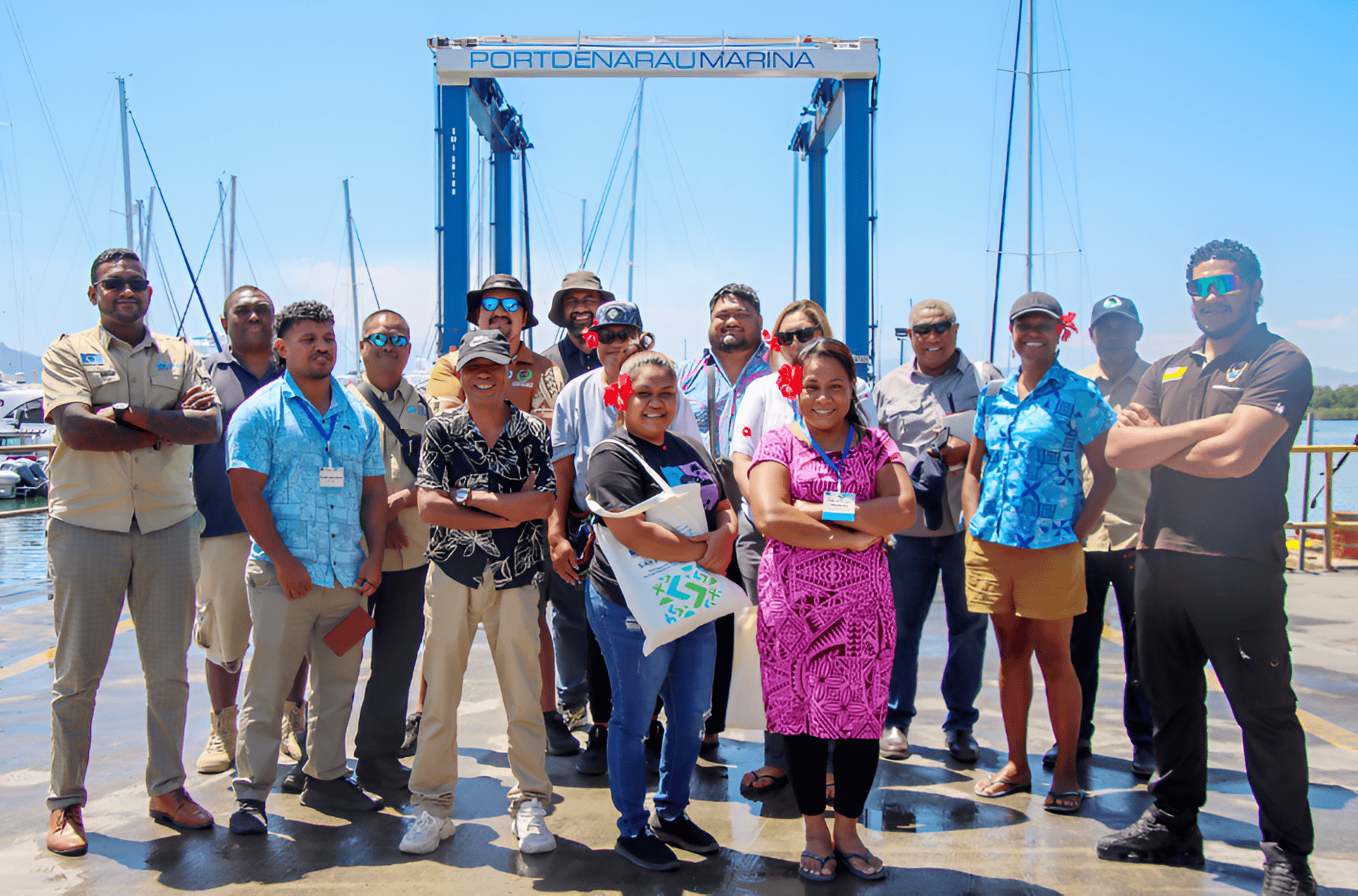By SPC LRD,Waisale Rokotuiveikau
Copyright islandsbusiness

BIOSECURITY officers from across the Pacific met in Fiji recently to review the impact of biosecurity training programmes delivered under the Safe Agricultural Trade Facilitation through Economic Integration in the Pacific (SAFE Pacific) project over the past four years.
The workshop, held from 8 to 12 September 2025, brought together representatives of national plant protection organisations to validate the findings of a tracer study, which measured the effectiveness of the project’s biosecurity capacity-building efforts.
Funded by the European Union and implemented by the Pacific Community (SPC), SAFE Pacific has been conducting biosecurity training for Pacific Island countries to enhance safe trade efforts and manage pests. Through these initiatives, the project aimed to help Pacific countries guard against the introduction, establishment and spread of pests and diseases that threaten agriculture, biodiversity, food security, and livelihoods.
Through its Biosecurity team, the project has delivered in-country, sub-regional and regional trainings and workshops, and provided essential equipment to support the crucial work of biosecurity officers. Training has focused on pre-border, border, and post-border risk mitigation; import risk assessment; emerging threats; pest surveillance; treatment methods; cross-agency collaboration; and practical on-the-ground applications. Hands-on exercises and field visits have been a key feature, helping officers build confidence and apply technical knowledge in real-world situations.
Undertaken this year, the tracer study showed that these efforts have strengthened pest surveillance skills, improved the ability to identify plant pests, enhanced coordination with stakeholders, and improved data collection and reporting procedures, among many other benefits. At the Fiji workshop, country representatives validated the study’s findings and refined recommendations for future action.
SPC Pacific Plant Protection Organisation (PPPO) Coordinator Riten Gosai said the validation exercise marked a significant step in ensuring sustained benefits. “It not only addresses what has been immediately achieved but will also help shape efforts for long-term impacts for national and regional biosecurity systems across the Pacific,” he said.
“This will strengthen national systems, enhance regional coordination, and build resilience against emerging biosecurity threats. In the long run, it will help safeguard Pacific agriculture and maintain safe and sustainable trade pathways that are a lifeline for the region’s economies and communities.”
Sharing their experiences and insights at the workshop, participants said they valued the “training plus equipment” model because it gave them both new skills and the tools to use them – such as traps, lures, consumables, even X-ray machines and incinerators. The training also helped strengthen inter-agency coordination, with customs, health, and ports authorities now working more closely with national biosecurity teams.
Participants also worked on finalising priority Standard Operating Procedures (SOPs) for biosecurity operations to ensure they meet regional needs, reflect international best practice, and remain practical for everyday use. They examined how SOPs and training modules could be better integrated into national-level biosecurity capacity building.
Additionally, officers engaged in skill-building sessions in data collection utilising digital platforms like KoboCollect® and EpiCollect® for pest surveillance and record keeping, as well as developing training modules that can be used to train officers and communities.
SAFE Pacific provides targeted assistance to support small Pacific Island countries and territories to increase their export capacities and improve economic growth. SAFE Pacific is implemented across 15 Pacific countries, including Cook Islands, Fiji, Federated States of Micronesia, Kiribati, Nauru, Niue, Palau, PNG, Republic of the Marshall Islands, Samoa, Solomon Islands, Timor-Leste, Tonga, Tuvalu, and Vanuatu.



